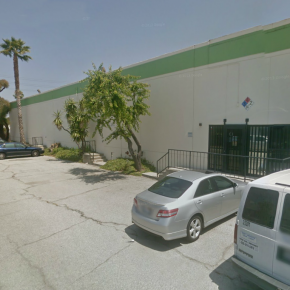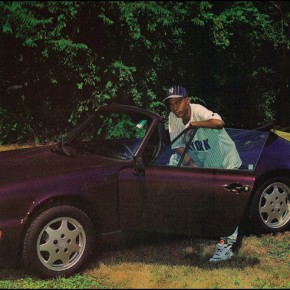
the shape of the Vassar College music scene: guest blog by Nicole Lipman
[Nicole Lipman has been my undergraduate research assistant for three years and has helped me immeasurably by transcribing interviews, scanning and indexing press clippings, and doing other work that my book project needed. Nicole is also a musician and music writer, so before she graduated in May, I asked her to update me on the...
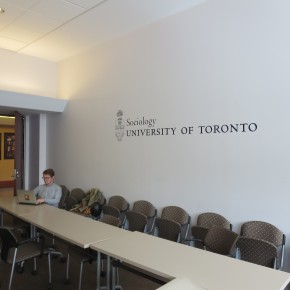
metro music: creativity, place and alienation in the career of Martha & the Muffins
[Presented at the University of Toronto Department of Sociology on May 1, 2015. Thanks to Judith Taylor and John Hannigan for this opportunity.] It’s a pleasure to speak today on a new research project I’m working on. In anticipation of this talk, I had a couple of other topics I could have lectured on with...
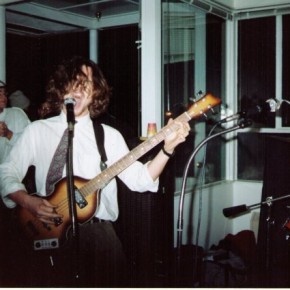
I survived the grunge era: introduction to a screening of “Hype!”
Welcome to the first of a series of “lab sessions” this semester in conjunction with the Musical Urbanism seminar. Tonight we’re screening Hype!, a 1996 documentary that’s currently out of print. This means the version you’re watching was torrented by your professors. Although as we heard it’s also available on YouTube, I promised our students...

what could be cooler than Brooklyn? latest findings from Census data
[Update 12 hours after originally publishing this essay: Well, this is interesting… and a little bit embarrassing: I seem to have misread the Census Flows Mapper data entirely incorrectly. So much for the “test drive”; it’s like I pulled out of the car lot and onto the highway with the emergency brake on the whole...
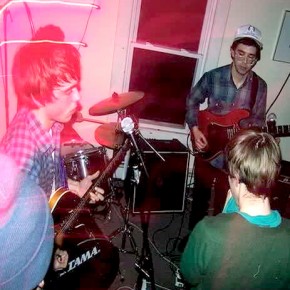
studying the college music scene and beyond
Remember the bands that formed in college? You heard them at dorm parties, frat parties, apartment parties, the campus bar, battle-of-the-bands competitions, and impromptu outdoor settings. They practiced in dorm rooms, dorm basements, conservatory and theater rooms, backyard sheds, and laundry rooms, amusing/irritating neighbors and passers-by. Many college rockers and rappers dreamed of making it...
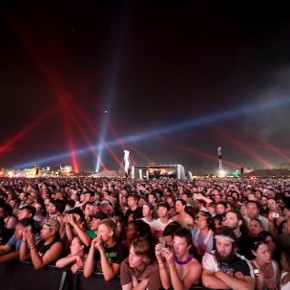
the dull ubiquity of placeless music festivals
Some questions for investigations here, presented in the form of a rant. As part of my research in musical urbanism, I consume a fair amount of music coverage in print and online. Jesus Christ, all I seem to find these days is “writing” about generic touring festivals headlined by Coldplay/Metallica/Fiona Apple/Beach House/you name it. News about new music...
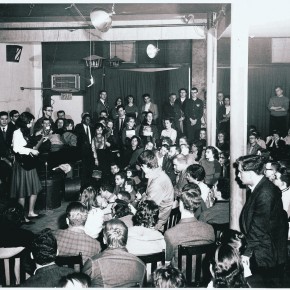
positively Mt. Auburn Street: Joan Baez and the Cambridge Folk Scene, 1958-60
The role of folk music in America’s postwar cultural and social history doesn’t lack for testimonies. Being the privileged soundtrack to the middle-class generation born during or just after the war, the story of how this music ‘changed the world’ won’t go unrecorded thanks to Baby Boomers’ economic and political hegemony. And yet the peculiar registers...

swimming in the music ecosystem: an interview with Scott Reitherman of Throw Me The Statue
Scott Reitherman is the singer, multi-instrumentalist, songwriter and main guy behind Throw Me The Statue, an indie-pop band based in Seattle. They have two albums out on Secretly Canadian, an independent label based out of Bloomington, Indiana, and are currently in the studio recording a third one. Their 2007 debut Moonbeams got a warm reception...
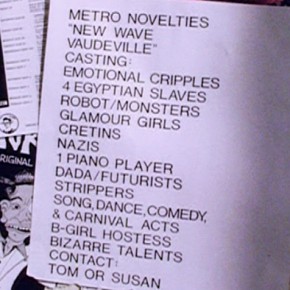
between champagne and eviction: more new wave rent party
My last post introduced an imaginary sub-genre that I call new wave rent party and covered the basics of its aesthetic principles and historic urban context. Here, I continue that discussion with some more material from 1977-81 era. Well, maybe a couple of years further on as well—the sub-genre went on a few more years past its historic sell-by...
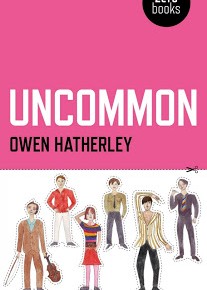
the end of the line in Sheffield: Sex City? a review of “Uncommon: An Essay on Pulp” by Owen Hatherley
With the horribly regressive debt-ceiling legislation passed by the U.S. Congress today, the West took yet another step toward making the neoliberal dream — gutting social programs, enshrining the market as the means and end of social well-being, idealizing upward mobility and the consumer good life, and leaving the lower classes to their own fate...

